Speakers

|
Seokwon Yang, South Korea Co-founder, Jayuskole / Maeul Curator, Gyeonggi-do Community Support Center Seokwon has worked as an Internet service planner for many years, founded Korea's first coworking space, and worked for a nonprofit foundation that supports the startup ecosystem. He is currently a board member of Open Closet, a nonprofit organization that solves the problem of people in need of suits by sharing donated suits that are lying dormant in their closets, and after experiencing Folkehojskolle in Denmark, he runs Za(gi)yu School, a life school for adults with the motto of creating a "safe laboratory for rest and transition". |
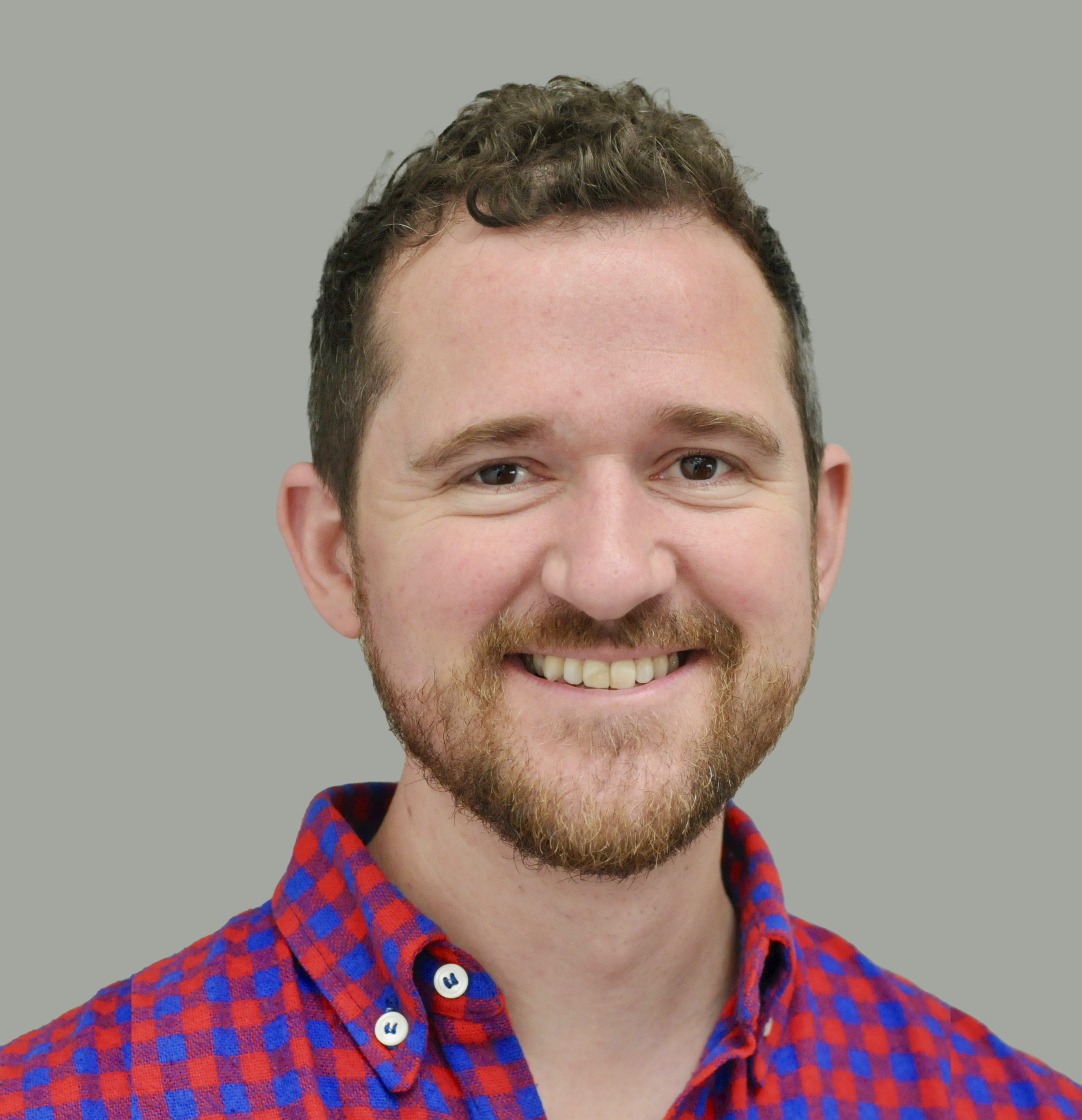
|
Rob Shorter, UK Communities and Art Lead, DEAL Rob Shorter leads the work of the Doughnut Economics Action Lab (DEAL), working with people at the neighborhood, street, and household scale, as well as with organizations and networks at the organizational, city, regional, and national scales. Rob is most interested in how everyone can contribute to reinventing the economy, and works with others to create fun, accessible ways to invite new audiences to engage with the ideas and possibilities of the donut economy. Rob studied Economics for Transition at Schumacher College, and prior to that spent 10 years working in strategy and insights at The Cooperative Group, where he explored the role of cooperatives in 21st century society. |
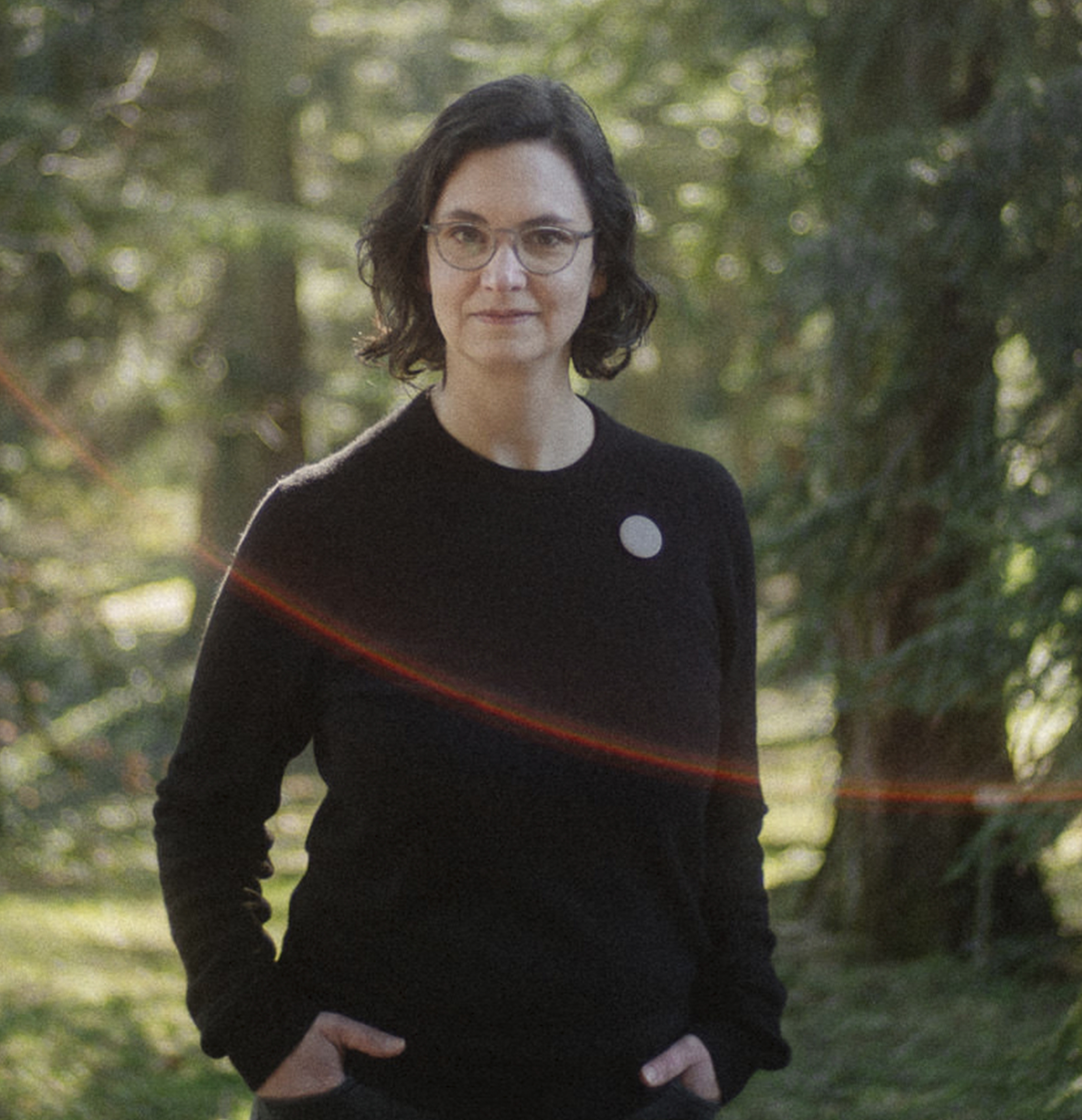
|
Nicole Hartmann Co-Initiator, Donut Berlin A researcher and assistant professor in greco-roman history, Dr. Nicole Hartmann turned her gaze towards the future in 2019. Now she initiates and works for projects and campaigns that address the biggest challenges for our civilization: to stop Greenhouse Gas emissions and the loss of biodiversity while securing social justice and stable democracies. In 2021 she co-coordinated the first German Citizen Assembly on Climate. As co-founder and strategist of the Donut Berlin Initiative (https://donutberlin.de/) she aims to provide environments of innovative civil engagement and transformative action for a social and ecological just society. Her work is informed by systems thinking and the concepts of multi solving and deep collaboration. She aims to create tangible practices that open up pathways to a connected and more than cognitive understanding of the polycrisis and to encourage people to envision a livable future and empower them to help change our current destructive trajectory. Donut Berlin is a group of Doughnut Economics enthusiasts and the local hub of the Doughnut Economics Action Lab (https://doughnuteconomics.org/stories/137), drawn together by a desire to see Berlin thrive and grow in healthy, sustainable and ecologically viable ways. They are ambassadors of the Doughnut of social and ecological boundaries as a compass for tackling the current polycrisis, a symbol of hope and a tool to start action. They give lectures and workshops, join conferences and organize talks, at universities or evening classes, for NGOs or the public sector. One of the group's core interests is to create formats and tools that reach out to people who are not yet involved in climate, environmental or social movements. |
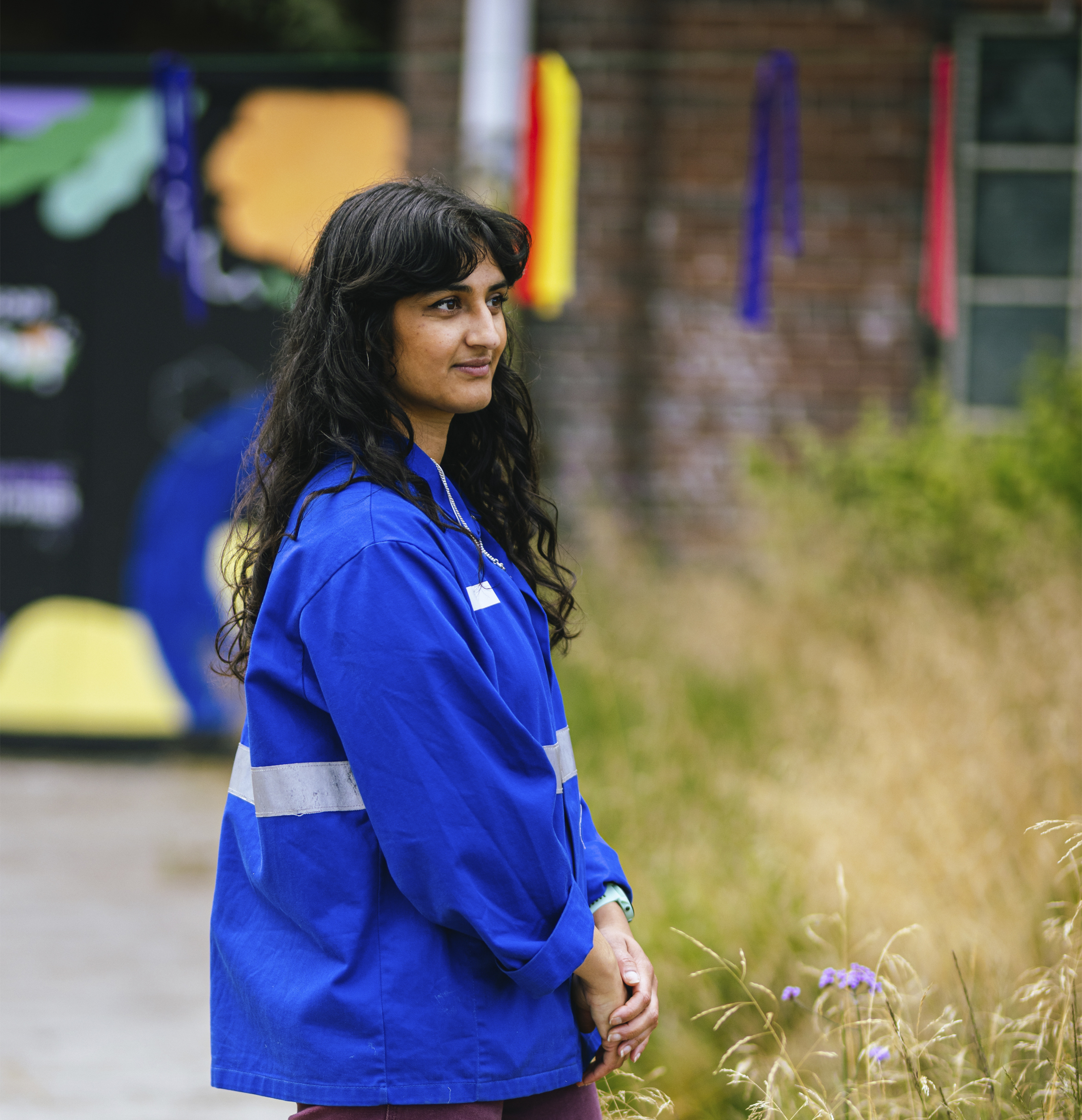
|
Kavita Purohit, UK Neighbourhood Doughnut Mission Co-Lead, CIVIC SQUARE Deeply invested in a justice rooted climate and ecological transition, Kavita is an environmental engineer who has worked in the European steel industry as an in-house optimisation consultant prior to joining the CIVIC SQUARE team. As as researcher and mission co-lead in the Neighbourhood Doughnut Economics demonstrator, Kavita has been heavily involved in the development of the Data Portrait of Place downscaled to the Neighbourhood scale, and is currently building deep practice of Doughnut Economic principles in rigorous, critical, participatory and creative ways. Additionally, Kavita is involved in the Neighbourhood Public Square demonstrator, where CIVIC SQUARE is transitioning a derelict industrial site to a piece of civic infrastructure in the form of a public square. Amongst many things, Kavita is interested in developing the capacity for neighborhoods to become literate in ecological and social systems matters, for neighbors themselves to have the democratic agency, skills and capabilities to prepare for the multiple crises of the 21st Century. CIVIC SQUARE is demonstrating neighbourhood-scale infrastructure for social and ecological transition, together with many people and partners in Ladywood, Birmingham UK. Principally, we are working to share practically and openly how the climate transition and retrofit of our homes and streets can be designed, owned and governed by the people who live there now in systemic, tangible and participatory ways. |
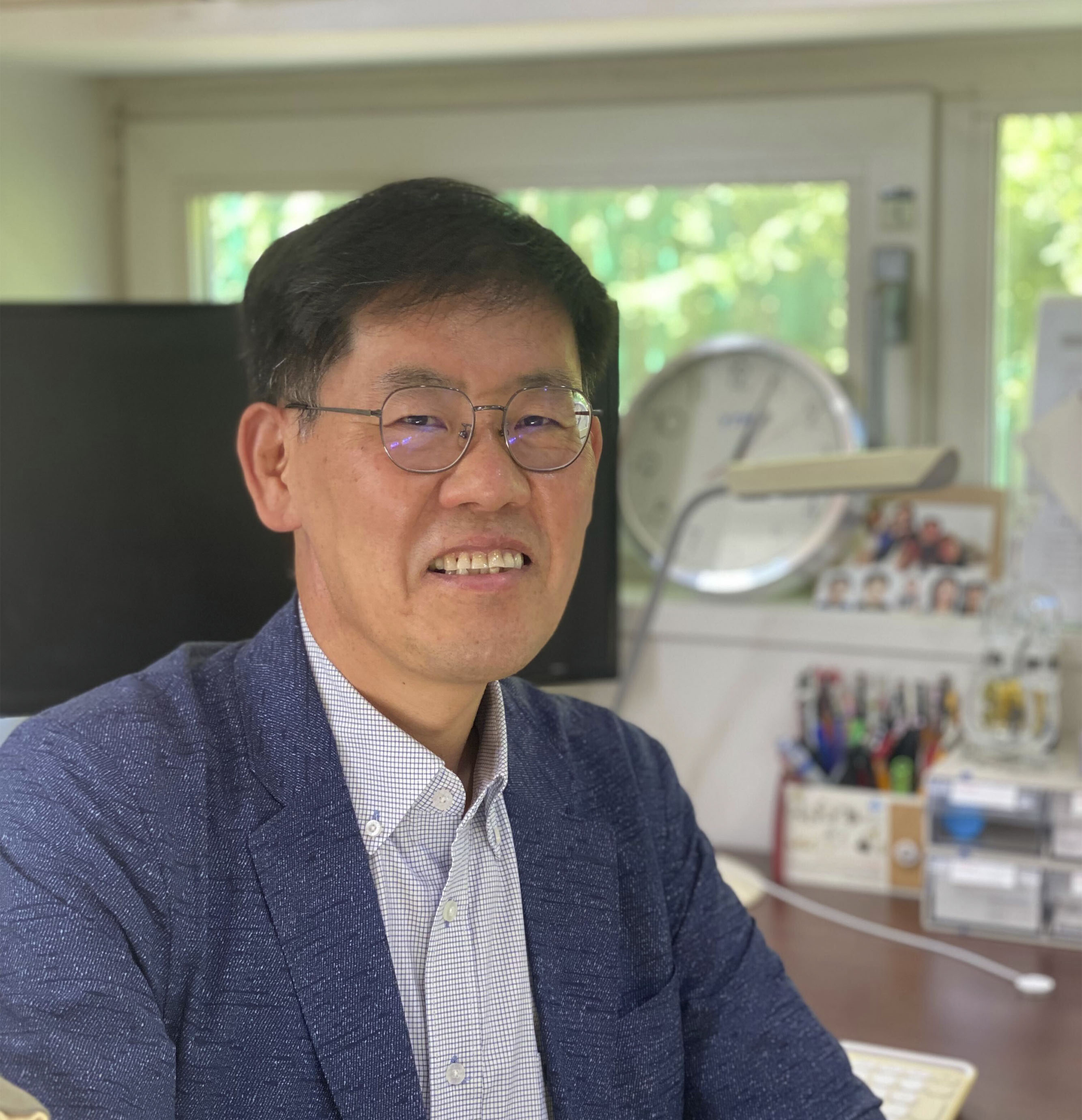
|
Byoung Kwon Kim, South Korea Advisory Board Member, Institute for Green Transformation Byoung Kwon Kim is an Independent researcher on climate policy. From 2013 to 2018, he participated in the innovation and co-operation policies of the Seoul Metropolitan Government, and from 2019 to 2022, he participated in the design of the Green New Deal and progressive climate policies while serving as the director of the Justice Policy Research Institute of the Justice Party. His main books include Green New Deal Against Inequality and Climate Crisis (2020) and Economics for the Climate (2023). The Institute for Green Transformation is a green think tank that tries to take a long breath and continue to present a long-term vision of what is needed to create an ecological civilised society. Over the past decade, it has raised various climate and ecological agendas in the public dialogue and actively made various policy proposals. |
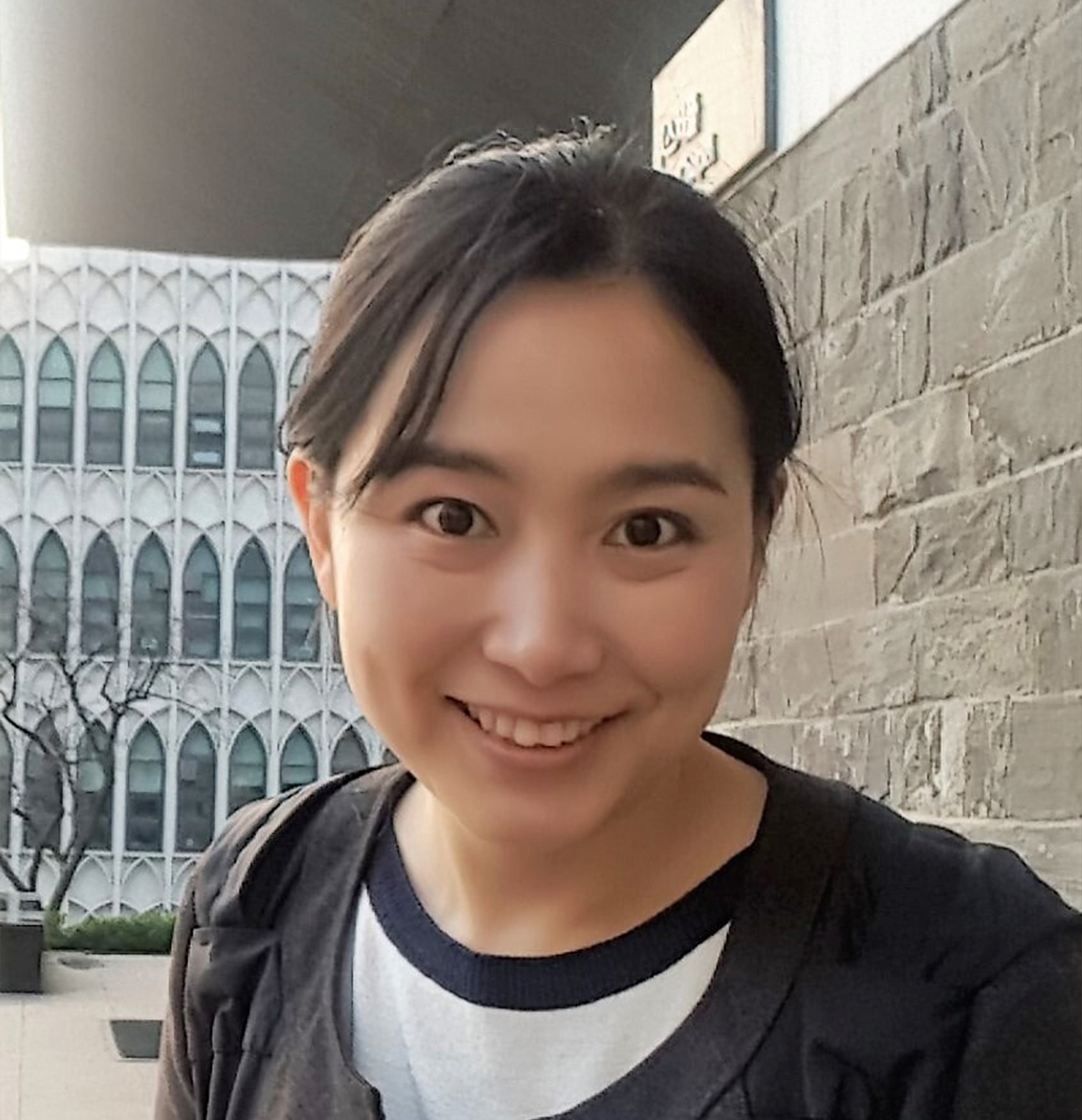
|
Garam Lee, South Korea Associate, C. Garam Lee is a sociologist, interpreter, and researcher, specializing in social and solidarity economy (SSE) and social value. Her current research interests include the societal importance of the Social and Solidarity Economy (SSE) and SSE’s contributions to sustainable development and social changes. She has actively engaged in various research projects and participatory action projects on SSE with Korean government research institutes and civil society organizations. |
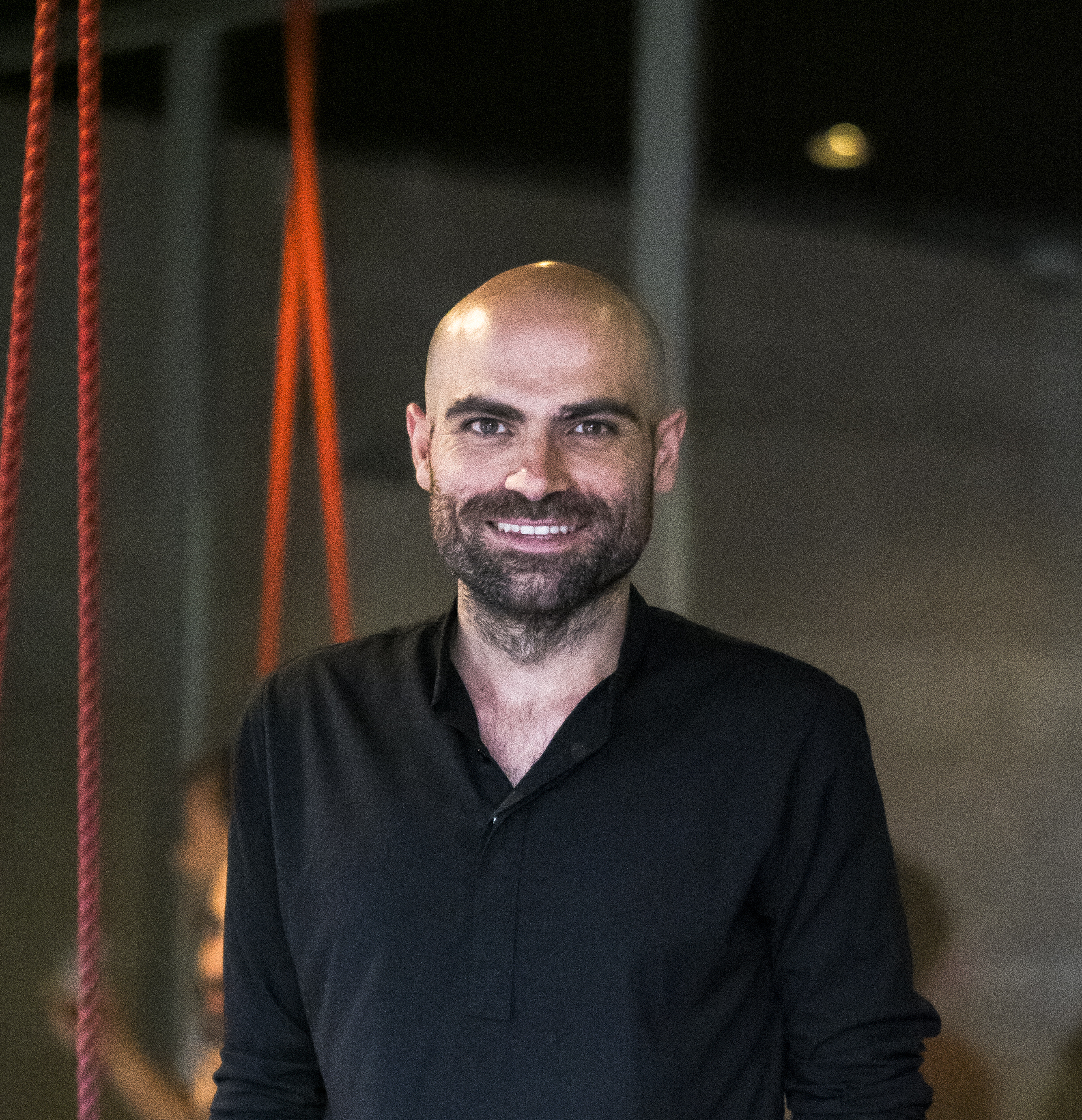
|
Alain Madina, Spain Learning Journey Manager, TravellingU (TAZEBAEZ S.COOP.) Alain Madina Estevez is a curious and creative soul who once ventured into the exciting world of teampreneurship. That curiosity led him to LEINN, a life adventure. Even when Alain felt lost during his educational journey, he always had the conviction that education is the most powerful weapon to make a change in society. That's why he decided to join Mondragon Team Academy (Mondragon Unibertsitatea) in 2014. He went through the process of LEINN from 2014 to 2018, a four-year Learning Journey that led him to create his own cooperative with six other colleagues. Since 2018, Alain started working as a team coach in Mondragon Team Academy. He began developing his professional career on international educational programs in 2019 (TravellingU-TZBZ). It's been a long and inspirational journey that he's still experiencing. Alain considers himself passionate about cultures, education, and traveling. He had the opportunity to share these moments with people from different corners of the planet, all connected by a common passion: cooperation and collective creation as drivers of social transformation. So, there he is, sailing through life with a smile, transformed into a team dreamer. |
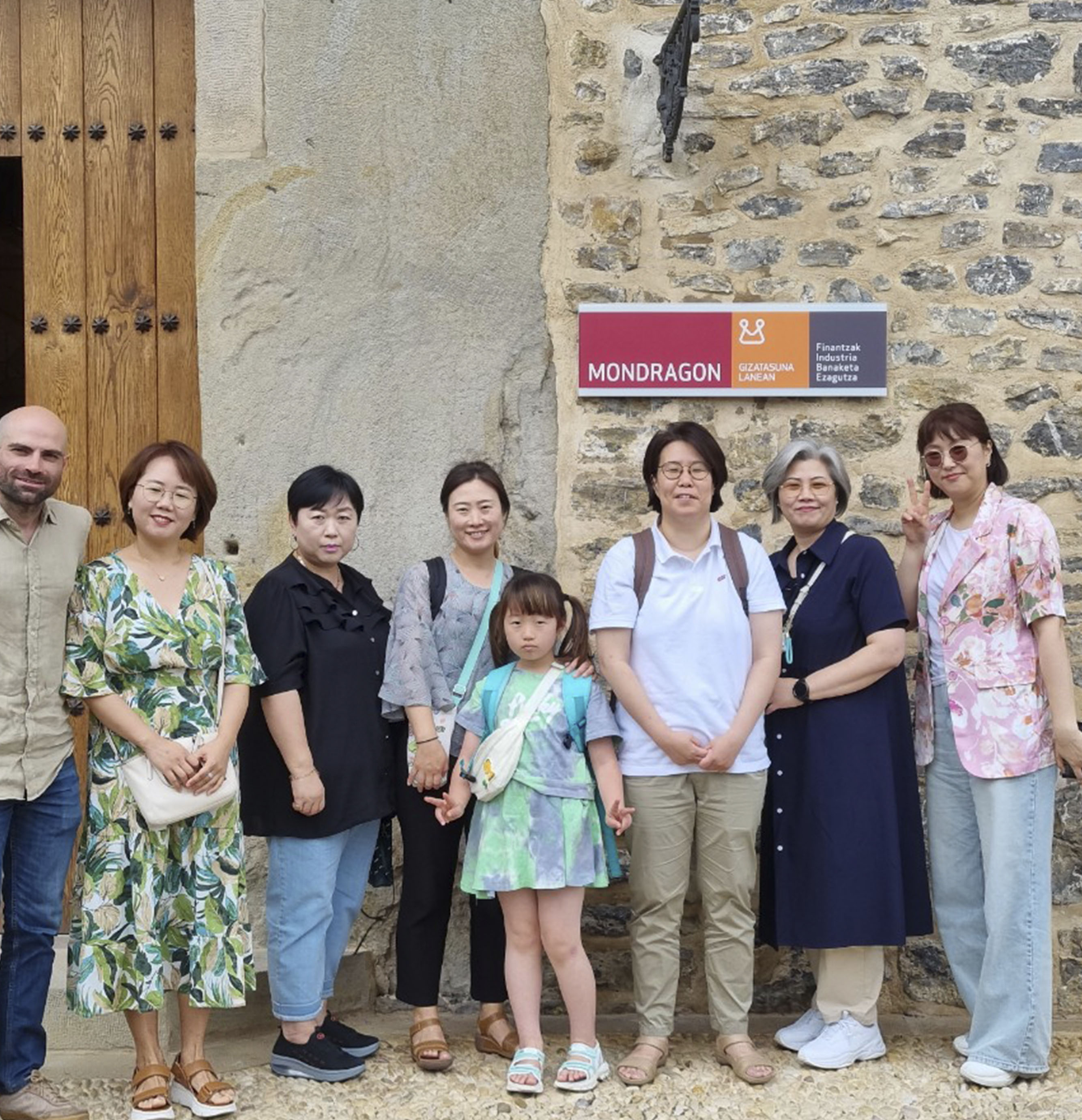
|
Together Value (Gwangmyeong, Siheung, Ansan city) The 'Together Value' team is composed of members of the 'Village Policy Research Network' operated by the Gyeonggi-do Village Community Support Center. The team took part in the international exchange program in order to pursue social value through community activities and promote various policies for sustainable village communities. Through these case studies, they hope to enhance policy capabilities and suggest alternative solutions to current issues in Gyeonggi-do and local communities (Gwangmyeong, Siheung, Ansan). |
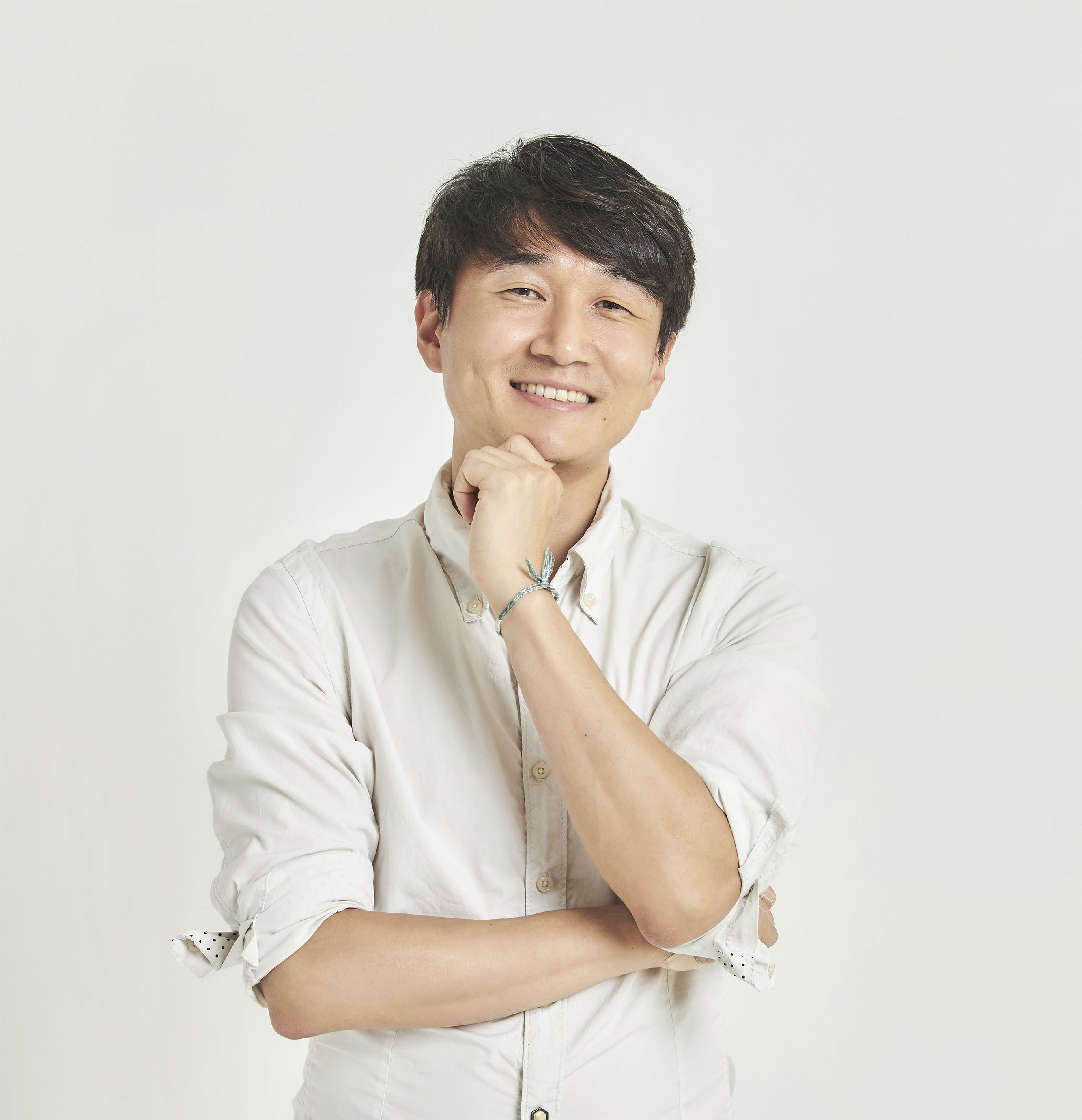
|
John Won, South Korea
Board Director, HBM Social Cooperative Won Jong-ho studied cooperative management at Sungkonghoe University to create a society in which people live together happily, after working for a long time in the field of advertising and marketing. Since 2005, he has introduced the innovative education methodology (MTA) of Mondragon University in Spain to Korea and is conducting Teampreneuership training program. He currently serves as team coach for LEINN, a European Union accredited four-year degree program. In addition, as a director of HBM Social Cooperative, he travels around the country to create business for life together with young people living in areas alienated from opportunities to start a business, youth out of school, and North Korean refugees and foreigners who have moved to live a stranger's life. |
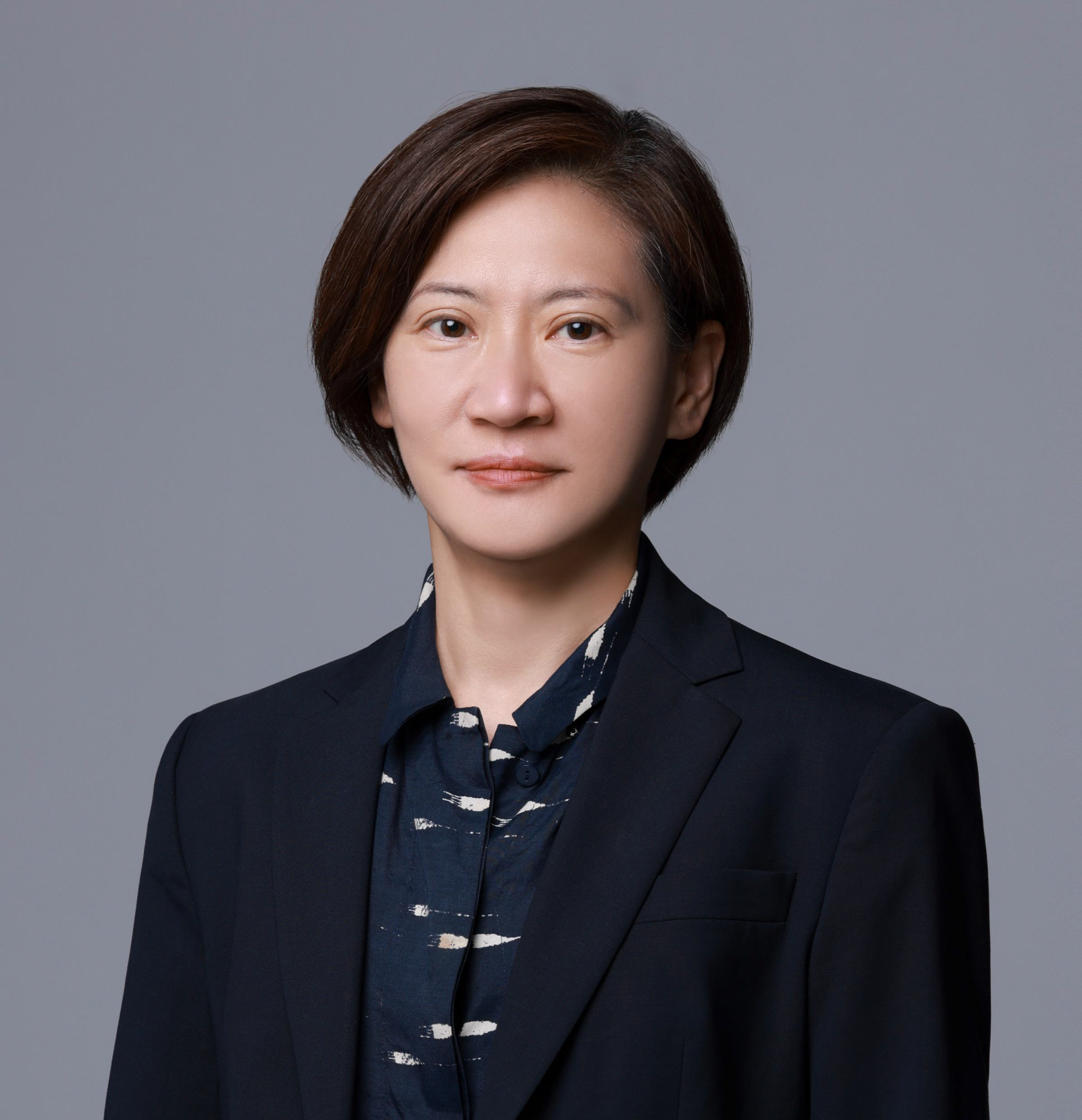
|
Jungwon Kim, South Korea Co-founder, Spread-i Jungwon Kim is the co-founder of Spread-i, a UK-based research collective that aims to disseminate ideas, innovation, and inspiration among social sectors in Asia and Europe. Spread-i identifies social innovators and innovation cases in the UK and Europe, introducing them primarily to Korean public sectors, researchers, civil society, and practitioners. The principal outcomes of these efforts include policy case studies, strategy reports, exchange training programs, digital video content (including a documentary on cooperative schools and an interview series on mutual economy), and an online storytelling platform focused on the solidarity economy. Before establishing Spread-i, Jungwon worked as a visiting research fellow for the Hope Institute from 2010 to 2012, organizing the ASIA Social Innovation Summit and conducting the ASIA Social Innovation Landscape research. |

|
Lenny Watson, UK Co-Founder, Sister Midnight Lenny Watson is a co-founding director of Sister Midnight, a not-for-profit organization based in Lewisham, South London that is working to create the borough's first community owned music venue. Lenny's work engages with the role that communities play in generating culture, and through Sister Midnight's project seeks to radically reimagine the modern music venue by setting a new precedent for how they are owned, how decisions are made, and where profits end up. Lenny also works as a co-operative & community business advisor, supporting others to utilise legal structures, tools, and ways of working that decentralise power and profit, and empower communities to play an active role in the ownership of their infrastructure. Sister Midnight is a not-for-profit co-operative organisation based in Lewisham, South London (UK). Since 2021 they have been working to open the first community owned music venue in the borough, and create a space that will champion local musicians and bring people together to celebrate the wealth of creative talent that the borough is home to. Having raised over £300K between 950 community investors, and secured a 10 year rent free lease on council owned building, they are now well on their way to achieving their goal, setting a precedent for how modern music venues can be done differently. |

|
The Public Activists’ Council Team (Hanam City) The Public Activists’ Council Team is a group of representatives who are active in the city of Hanam to solve local problems. They contribute to the revitalization of the local community by conducting studies to share their know-hows in community activities, and by creating guides that provide information on local resources and information and distributing them to activists for free. |
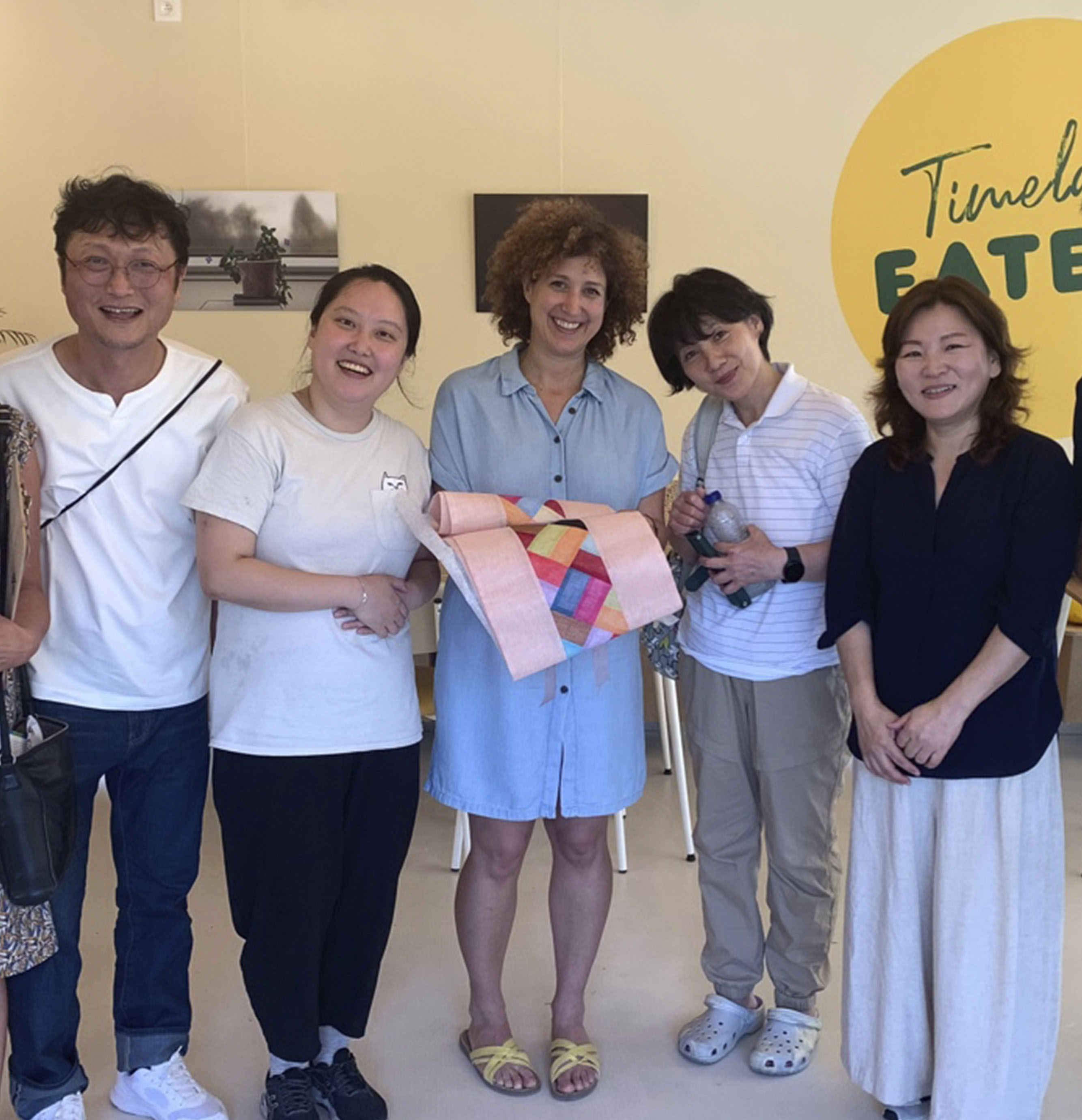
|
Maeul-us (Goyang City) Goyang City, a new city built in 1990 to provide housing for the first time in the metropolitan area, is seeking a new way of transitioning to create a sustainable village by restoring village communities and forming a network of mutual benefit. Since 2020, Maeul-us is a community of village community support activists and resident association support activists who come together to explore ways to make their communities sustainable. With the belief that villages can change the world, we are exploring alternatives for village sustainability. In addition, we believe that the local circular economy can create sustainable villages, and we are studying commons to realise this. We would like to explore the case of a locally-oriented circular economy community through the restoration of village communities and the expansion of win-win networks, and learn about Belgium's citizen participation and public support policies for communities. |
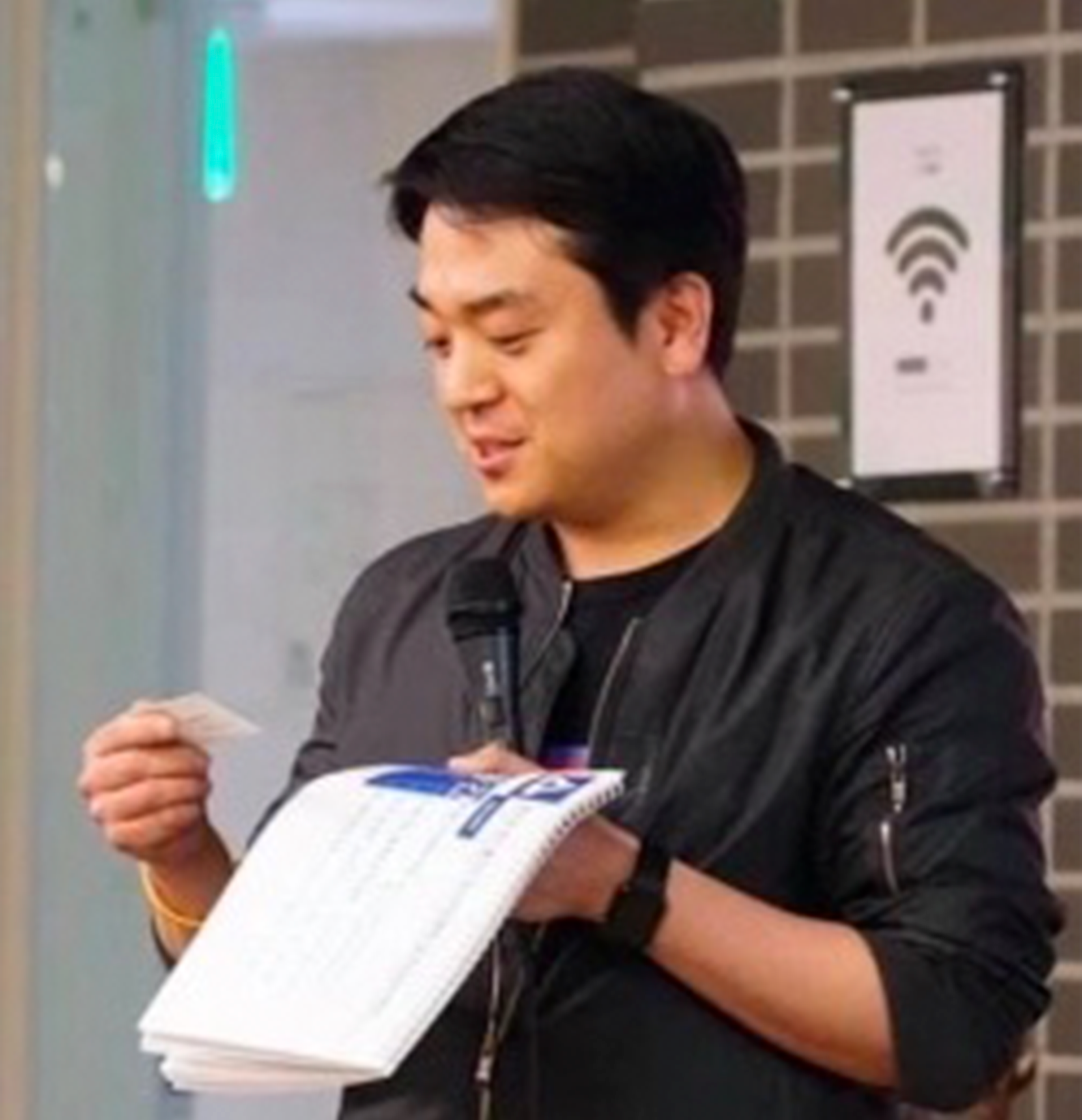
|
Yeongmin Park, South Korea Executive Director, HAVEIT Coop Yeongmin Park is the executive director of HAVEIT Coop and the director of the Mapo-gu Social Economy Integration Support Center. HAVEIT Coop is a cooperative that was formed on December 6, 2018 to gather the power of citizens to create a shared space where citizens are the owners. The first citizen building was purchased in November 2020, and opened in 2021 under the name ‘Everyone’s Playground’. HAVEIT Coop will continue to realize its dream of creating a second and third citizen-owned shared space, starting with the construction of a citizen asset space in Mapo. |
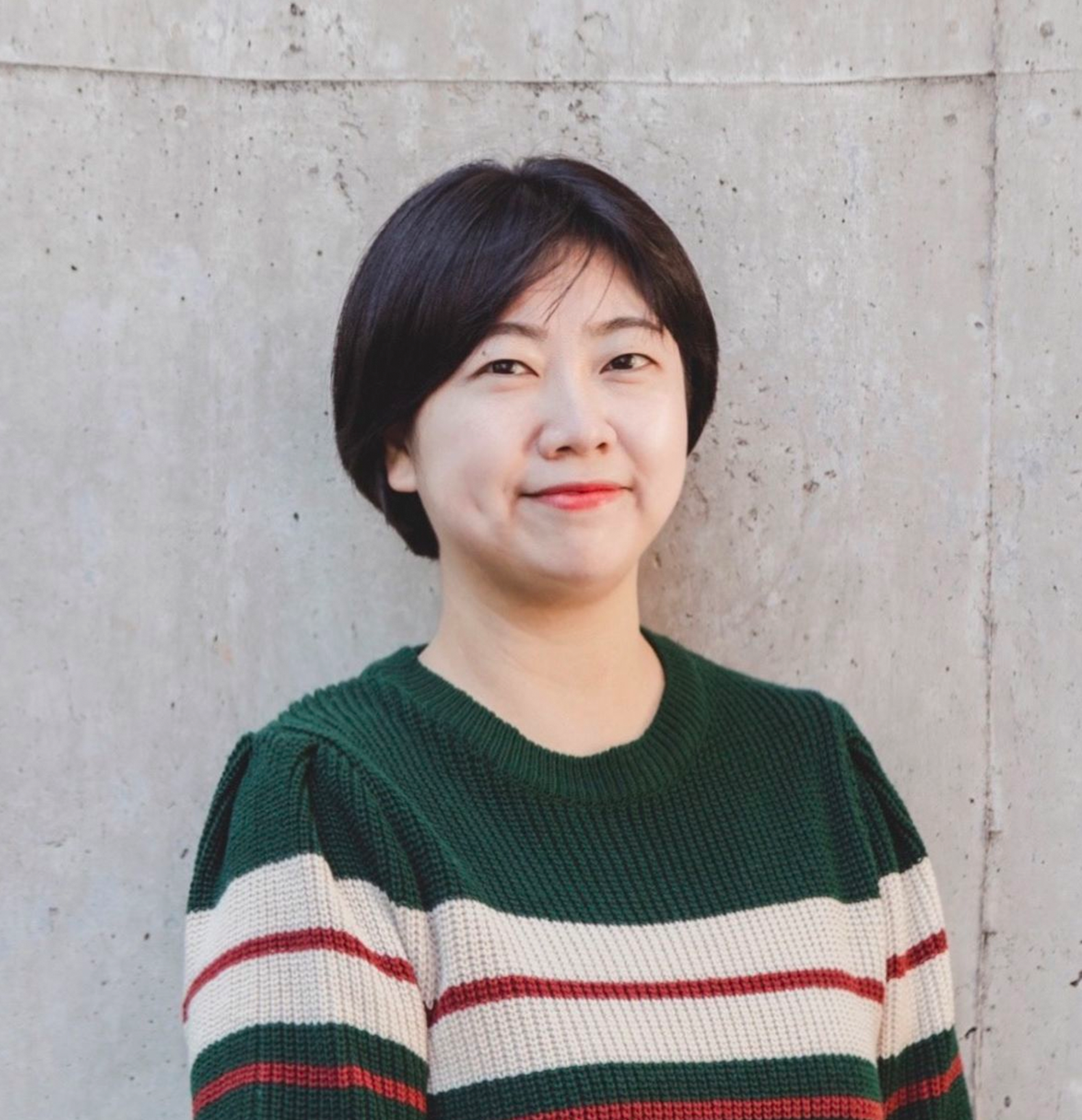
|
Ji hye An, South Korea Director, Ginger T Project Ji-hye is working as a director at the Ginger T Project. The Ginger T Project deals with projects of the nature that have no references but need to change, and that require people to create new knowledge to make that difference. Within the organisation, Ahn uses the title of pioneer to promote change. From researching answers to the question of how social innovators grow up, to archiving young people living ordinary lives in Yeongdo, Busan, to interviewing strawberry farmers in Milyang, Ahn listens to the stories of countless people. She digs deep into the unique narratives of individuals making a difference, finding clues to change, weaving them into messages, and sending them out into the world. Recently, she has been planning and conducting an educational program called The Ginger T Project is a laboratory for healthy change in individuals and organisations. We actively observe rapid social change, listen to the stories of individuals and organisations in the midst of it, study the contexts of change we read about, and generate new knowledge through our distinctive research methods. We create movements to help individuals and organisations in the midst of change. |
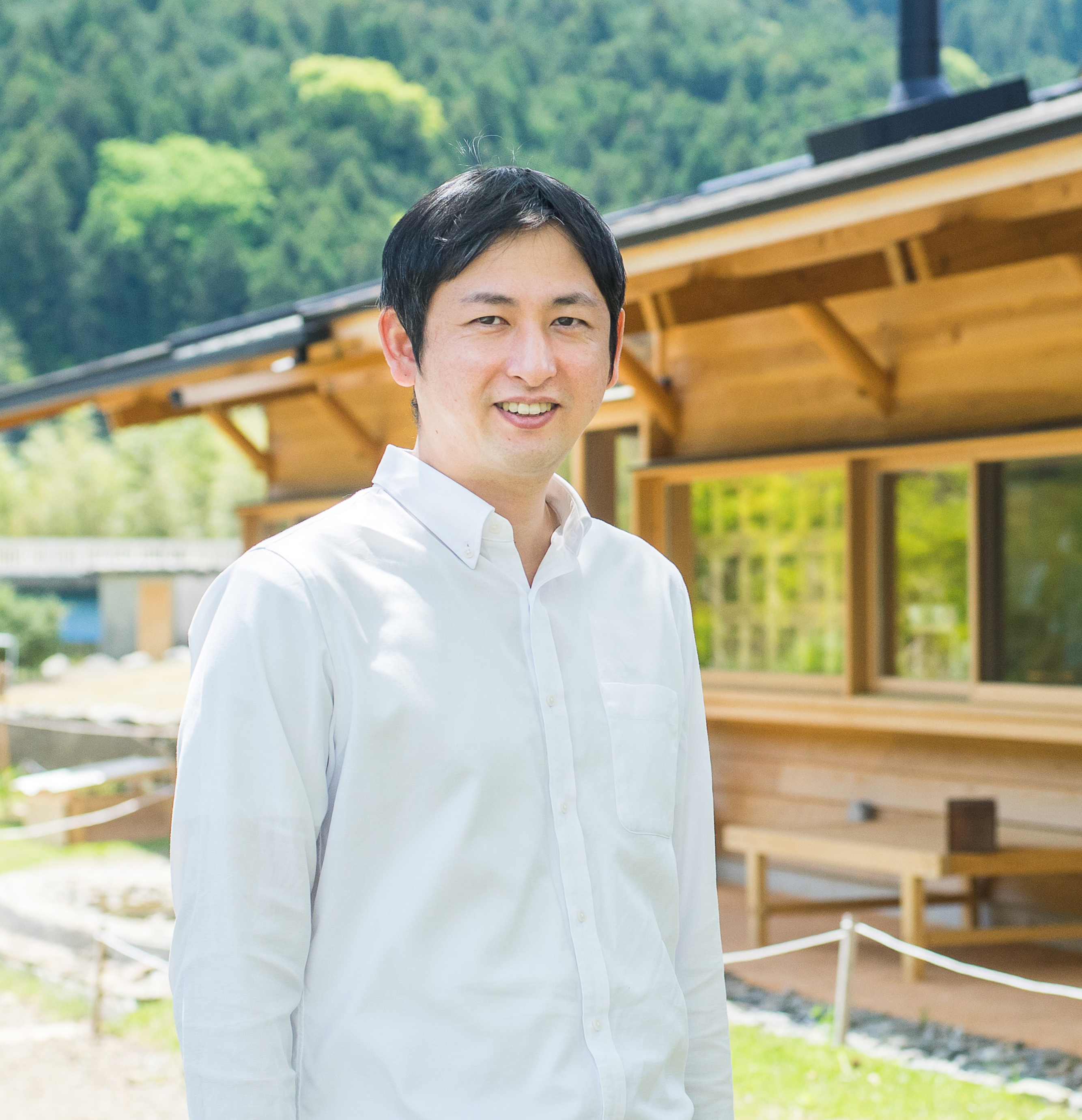
|
Tatsuro Baba, Japan Founder, Kamiyama Solidarity Corporation Tatsuro Baba, born in Kamiyama in 1983, worked at a local bank for six years and worked as a local development manager in the general affairs department of the Kamiyama Town Office. He established the second phase of Kamayama's revival strategy in 2020 and is in charge of its implementation at the Kamiyama Solidarity Corporation from fiscal 2021. Kamiyama Solidarity Corporation is a general corporation established in December 2015 to quickly and flexibly realize the “project to connect villages to future generations” established as a regional revitalization strategy. *Local development in this context In order to cope with low birth rates, aging, and population decline in Japan and to correct excessive population concentration in the Tokyo area since 2014, it refers to comprehensively and systematically implementing community formation that can lead a safe and prosperous life, securing a variety of talented people to carry out local communities, and creating various job opportunities. |
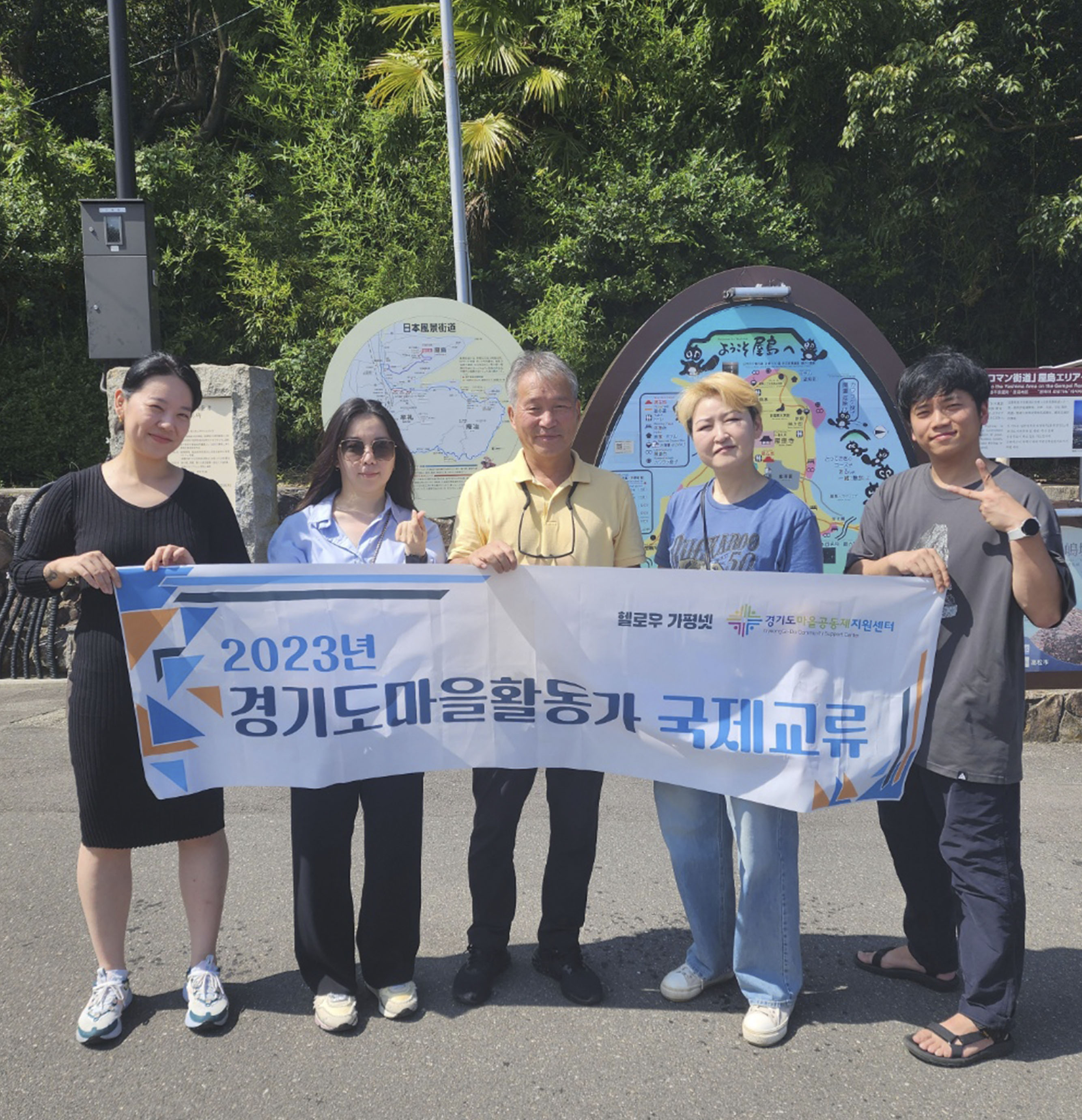
|
Hello Gapyeong Net (Gapyeong-gun) Hello Gapyeong Net is an organization that combines 11 organizations working in each field of Gapyeong-gun to open a place for communication and sharing between villages and communities to promote sustainable development and expansion of the community network. The organization strives to inform the community about the value of village communities and to create a resident-led village community ecosystem. Gapyeong-gun is one of the depopulated areas in Gyeonggi-do. Villages covering 80% of the administrative area are at risk of disappearing. To overcome the problems of the aging population and job generation influx, they are carrying out a village development project led by residents through public-private cooperation. They have visited and learned about urban regeneration and local creators in very old villages in Japan. |
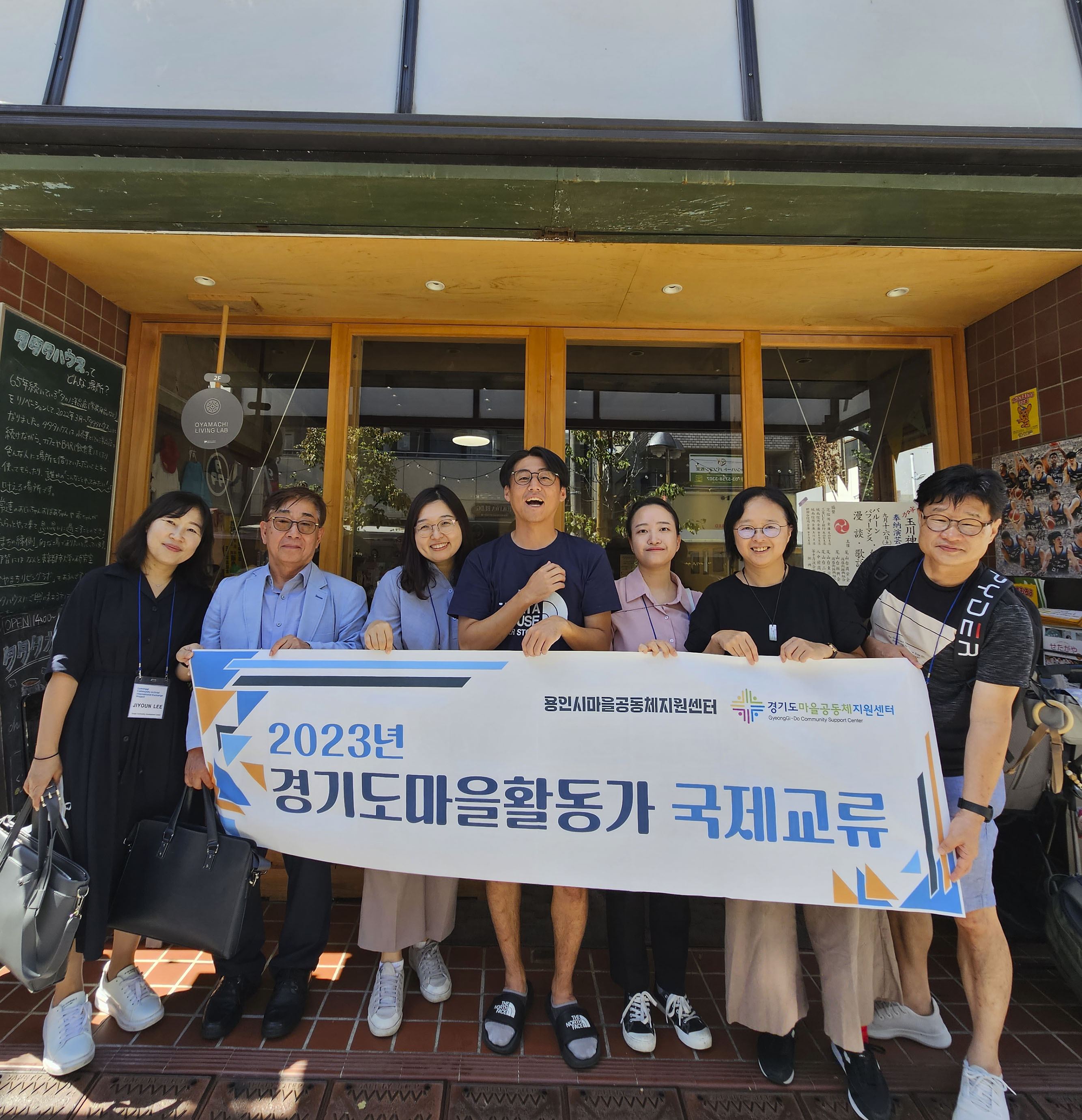
|
Yongin Community Support Centre (Yongin City) The Yongin Community Support Centre was established in July 2020 by the city of Yongin to promote resident-led self-governance, revitalise village communities, and enhance their sustainability and professionalism. The centre focuses on fostering and revitalising village communities and further spreading the value of community by conducting various projects such as village resource surveys to identify the wants and needs of communities in the village, consulting and workshops to form networks between communities, resident education to foster activism, and resource matching to connect Yongin's social cooperatives, youth community networks, environmental groups, and village businesses. Through case studies, field trips, and learning about the key role of intermediate support organisations in Japan, where village communities are active, we hope to spread and disseminate the values of village communities in Yongin City and Gyeonggi-do. |
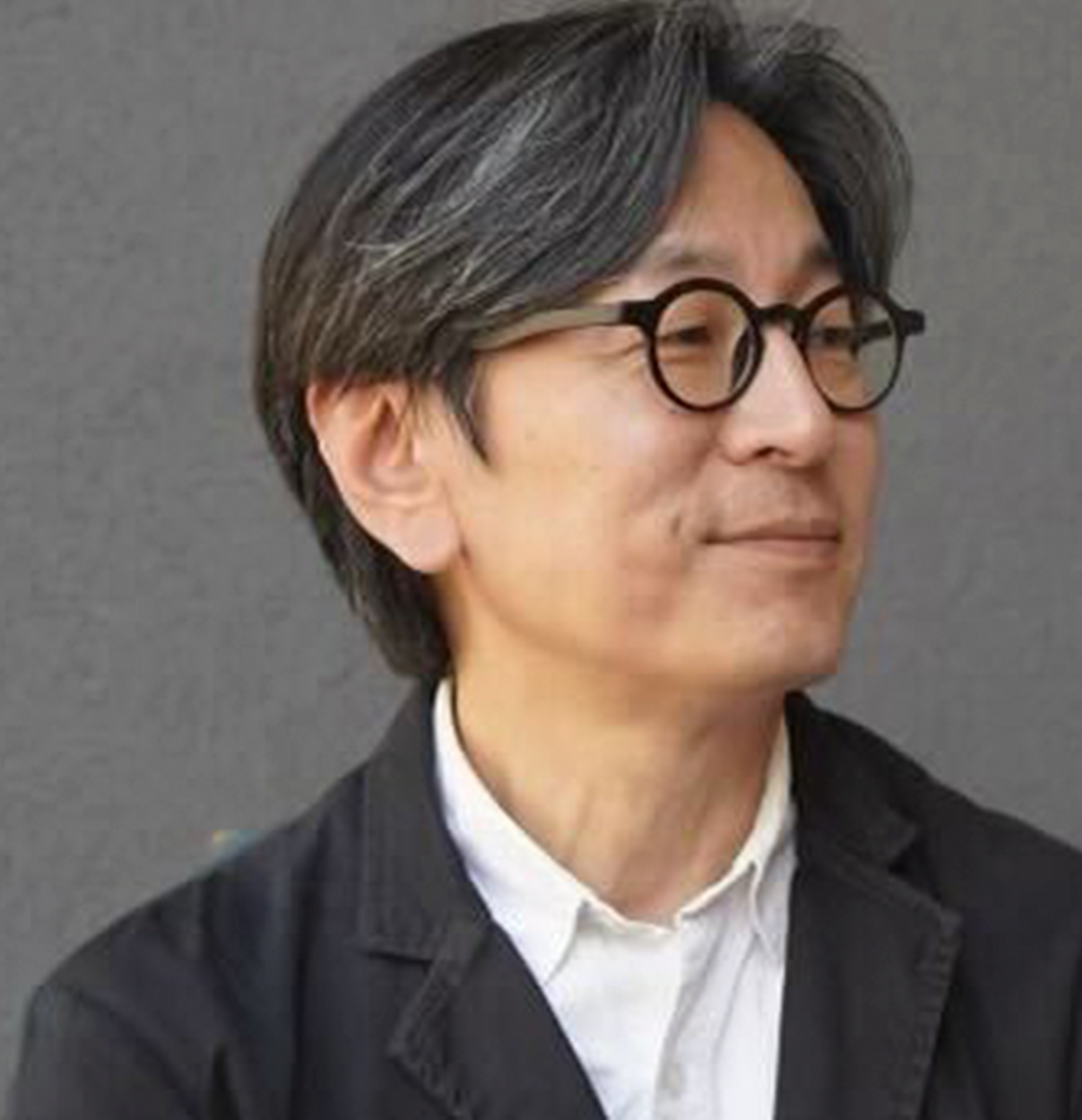
|
Woohyun Park, South Korea Contents Producer, C.CAMPUS Woohyun Park is currently working as a content PD at the C.CAMPUS. Before moving to Miryang, he was the editor of 'Space Boy', a neighbourhood bookstore and publishing house, and the editor-in-chief of 'Local Ground', a local magazine. In his spare time, he has been working on exchanges between Korean and Japanese locals in collaboration with 'Together Education Institute'. He is the author of "The Original Use of Coffee" (Esquire) and the translator of "Turn Local!" and "Understanding Postwar Japan" (Yi Forest). The C.CAMPUS is an intermediate support organisation for the Ministry of the Interior and Safety, Gyeongnam Province, and Miryang City to create a regional communication and cooperation space, and is located on the former Miryang University campus. The regional planning company Share for Creation is in charge of running the project, and it aims to establish itself as a local hub in the Gyeongnam region by connecting people and resources in and around Miryang to promote local branding and solve local problems. |
Enquiries
info@globalggmaeul.or.kr
070-4286-8988